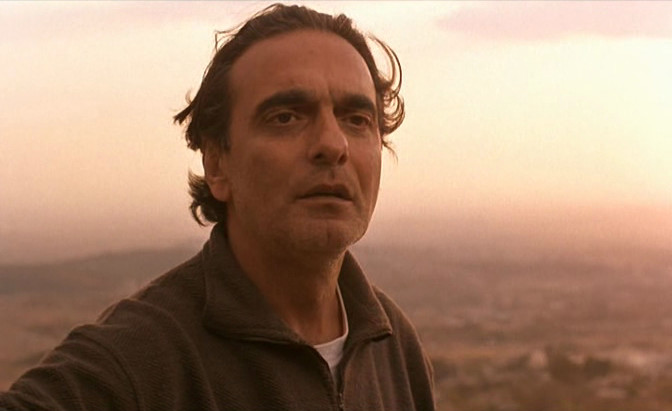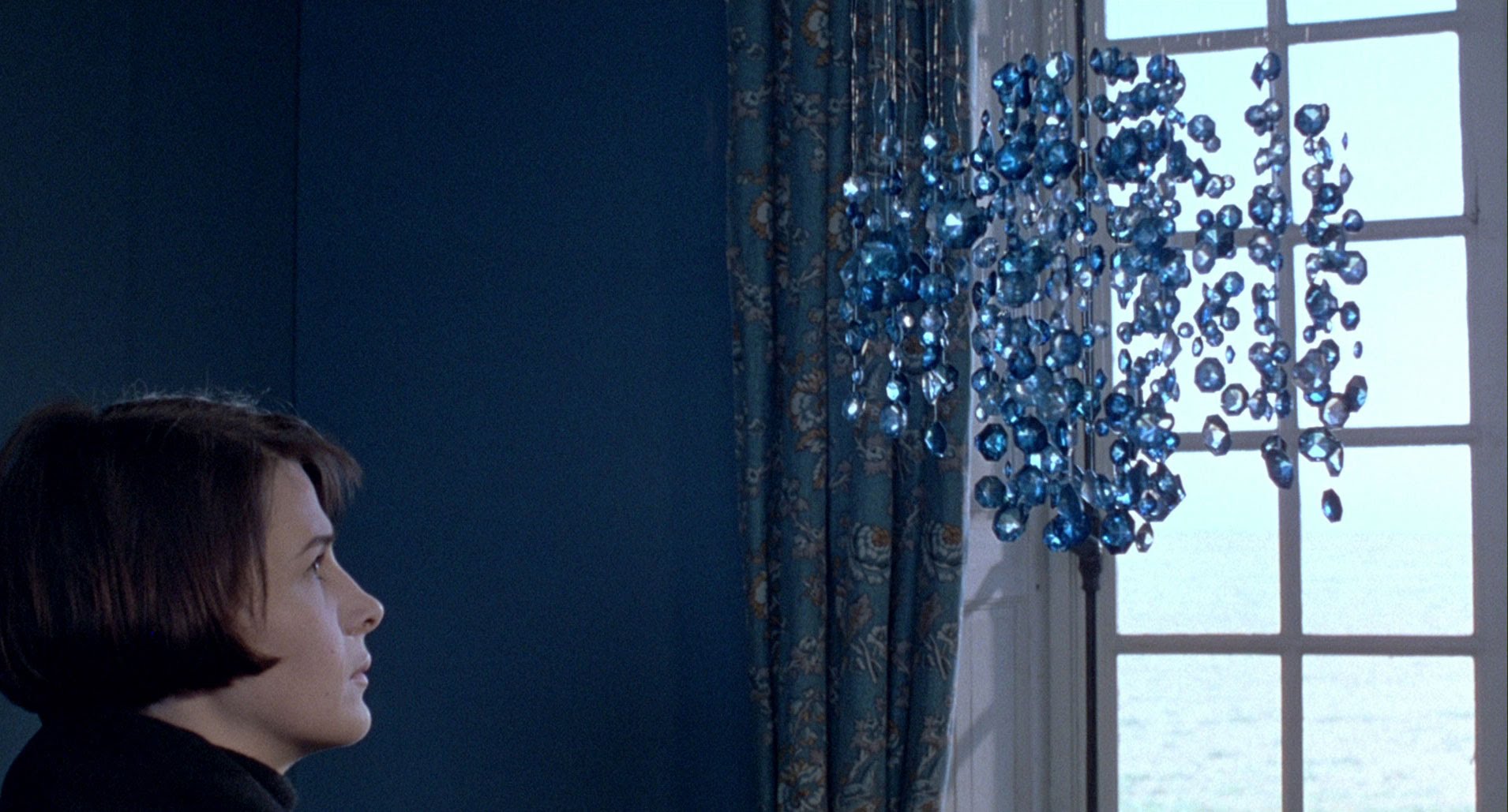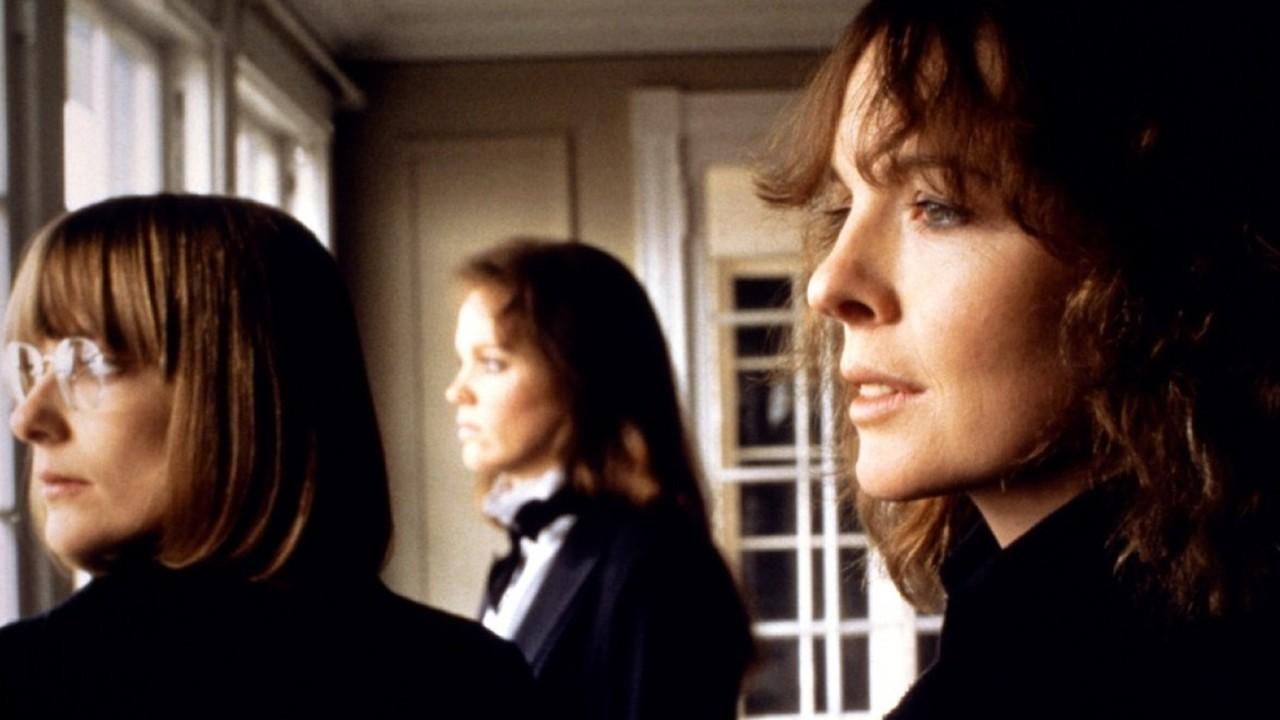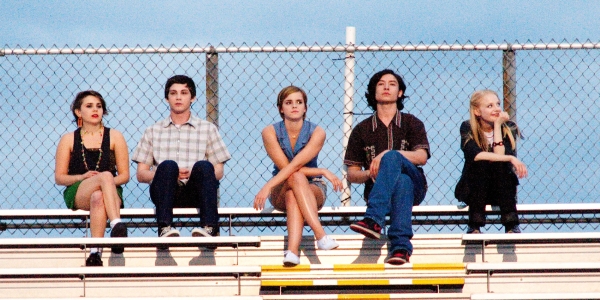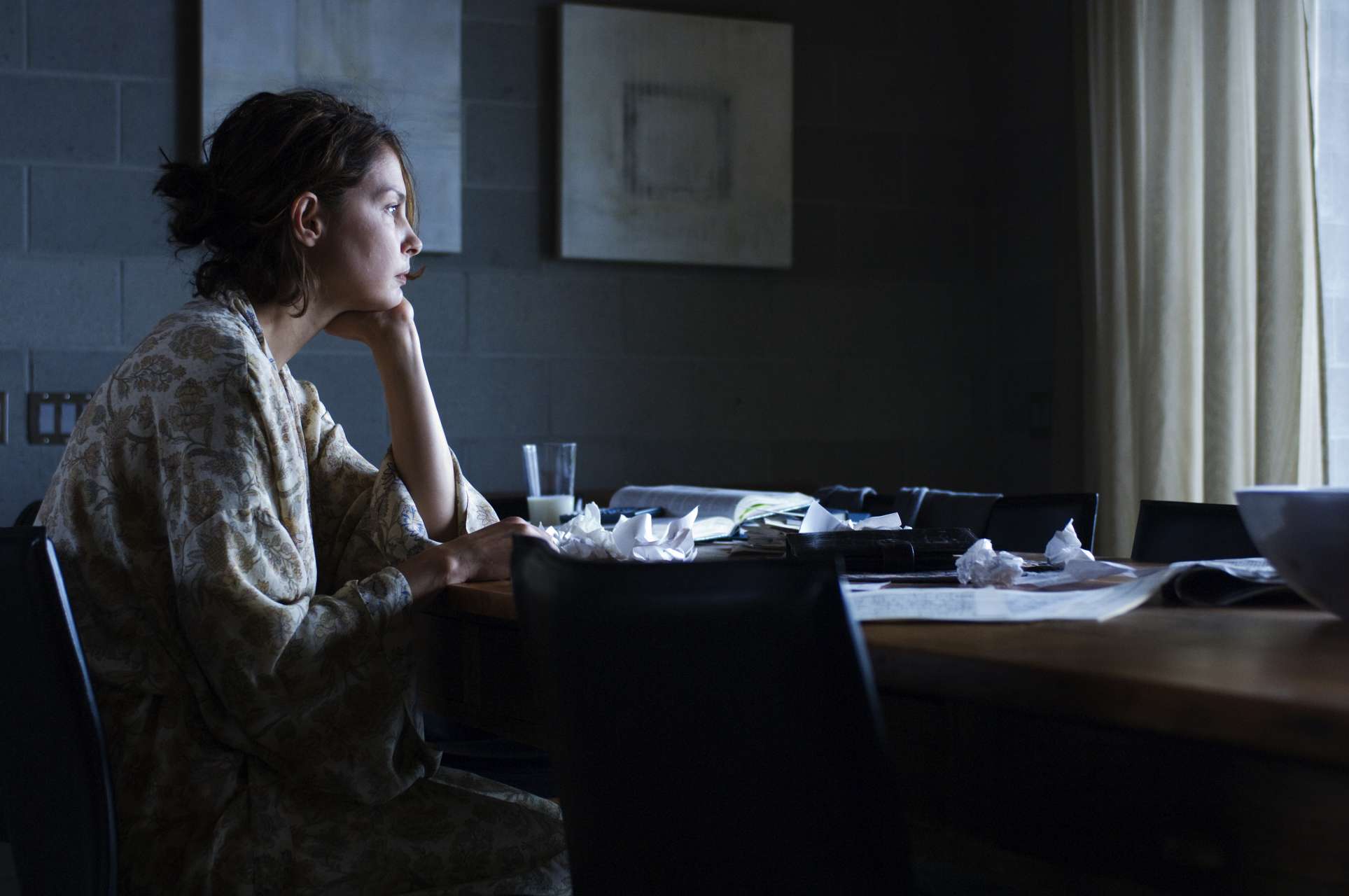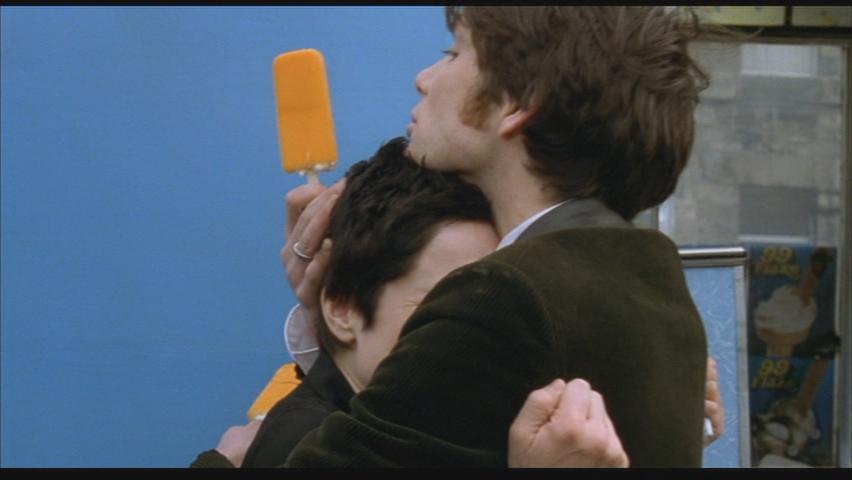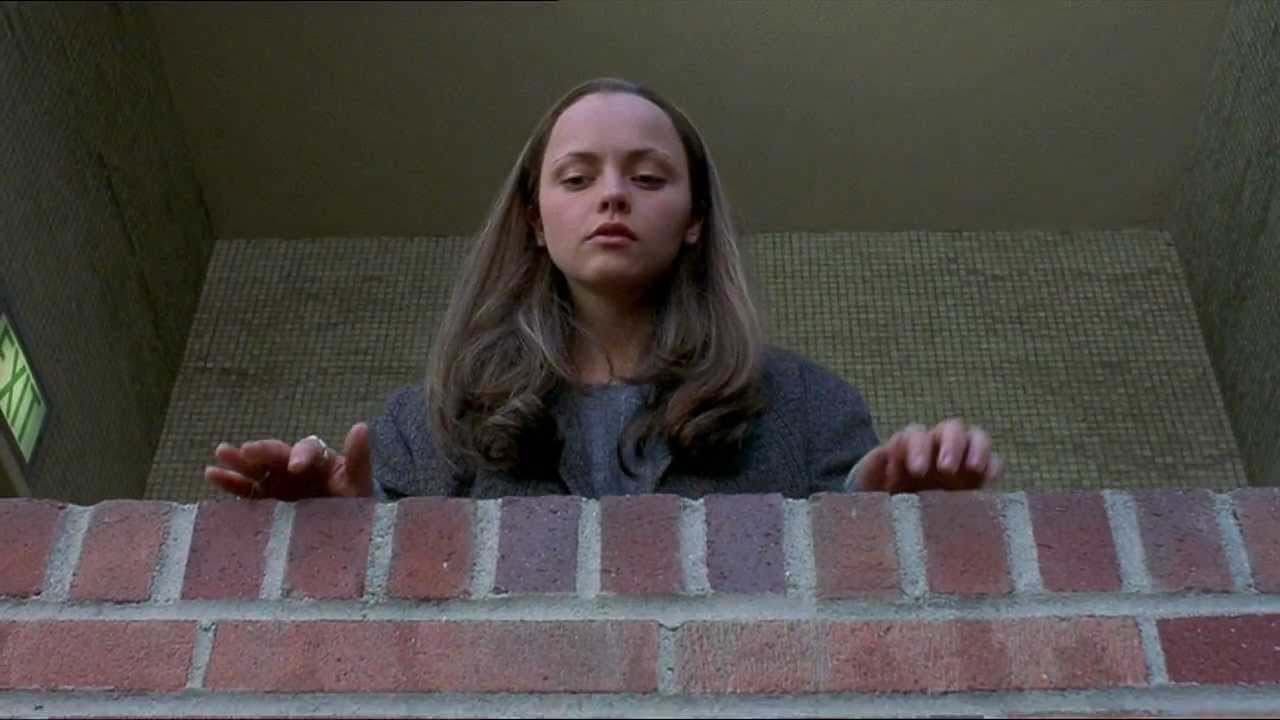24. Taste of Cherry (1997)
Mr. Badii, a middle-aged man, (Homayon Ershadi) drives around the outskirts of Tehran, picking up male strangers in hope that they will do a job for him. The job itself is initially misinterpreted by his candidates and the audience as being something related to prostitution since Mr. Badii is excessively ambiguous about what they have to do to get money. However, his real intention is to find someone who is willing to bury him once he kills himself in his already dug-out grave.
This minimalist film is incredibly inconclusive since little is ever found out about his background or the reasons why he wants to commit suicide. Its long takes that switch between a close up of Mr. Badii and a panoramic overhead view of his car as he converses with the passenger converge public and private space as he moves from small talk to a request to bury his dead body.
Working without a script and with no professional actors, Abbas Kiarostami shot his actors individually, since he filmed from the opposite front seat, and through this, the actors translate their isolation to the screen.
25. Three Colours: Blue (1993)
The first film of Krzysztof Kieślowski’s “The Three Colours Trilogy” (followed by “White” and “Red”) that is based on the French Revolutionary ideals of liberty, equality and fraternity, “Blue” is an intense character focused piece that relates the themes of emotional liberty and subsequent isolation.
Set in Paris, Julie (Juliette Binoche) must cope with the sudden death of her husband and child who were killed in a car accident which sheq survived.
While recovering from her injuries she sustained from it, she attempts to kill herself by overdose but she’s unable to swallow all the . She cuts herself off from her friends and her past life and tries to live alone in seclusion away from reminders and memories, but despite her efforts, she is still drawn back to reality by her husband’s unfinished musical work and his apparent mistress.
26. Interiors (1978)
One of Woody Allen’s rare dramatic features that doesn’t have any witty sarcasm or ironic humor, but instead focuses on bare emotions from authentic characters, while still fitting in some Woody Allen trademarks like psychoanalyst sessions and obsessive mothers.
Focusing on three adult sisters (Diane Keaton, Kristin Grifith, Mary Beth Hurt) who have individual problems with either their work or their partners. Suddenly, their father, Arthur (E.G. Marshall) announces that he would like to separate from his wife, Eve (Geraldine Page) and live alone. This shocking news causes their clinically depressed mother to try to kill herself. While this event scares the sisters, the father’s reaction is hardly thoughtful as he just disregards it entirely and finds another woman.
Besides this tragic turning point, the narrative is full of melodramatic moments and awful circumstances that lead to a desolate conclusion. Allen’s first attempt at drama plays out beautifully as he shows raw emotions like fear and anger sheltered by defense mechanisms that try to offset the abruptness of all these changes.
27. The Perks Of Being A Wallflower (2012)
Written and directed by the novel’s author, Stephan Chbosky, the film is narrated by Charlie (Logan Lerman) as he writes letters to an unknown recipient. Still recovering after his only middle-school friend, Michael, killing himself a year before, Charlie remains uneasy and nervous about the prospect of beginning high school and making new friends.
Charlie is befriended by two seniors – Patrick (Ezra Miller) and Sam (Emma Watson) who include him in their group, especially once they find out about what happened to Michael. Despite his worries about “getting bad again” and not being cool enough to hang out with them, he actually begins to act happy and gets used to his time at high school. He ignores the bullies and uses his spare time to read and write extra reports for his supportive English teacher (Paul Rudd).
However, some unfortunate circumstances trigger repressed memories that he has blacked out, to creep into his conscious mind and leave him to pick up the pieces again.
28. Helen (2009)
An underrated film about the relapses and triggers of depression, Sandra Nettelbeck ignores dynamic plot points and instead relies on the steady ups and downs of depressive episodes. A happy party full of people who love Helen (Ashley Judd) is contrasted with her crying alone with a knife against her chest. Her daily, but rather normal stressors lead to regular sobbing fits and panic attacks which are punctuated by her jogging and trying to remain mentally healthy.
Excusing and apologizing for her distant and miserable expressions and her oversleeping, she becomes frustrated and angry with her husband as well as herself. After she keeps signing herself out of hospitals despite her husband’s pleas that everything in her life is fine and she shouldn’t be so upset, the doctor simply replies that “she’s not unhappy, she’s ill” and that they cannot keep her against her will – leaving her to worsen.
29. On The Edge (2001)
John Carney’s (Once) Irish film stars Cillian Murphy as the sarcastic, self-defeating 19-year-old who begins his night by going to his drunken father’s funeral, followed by stealing a convertible and picking up and spending the night with another man’s girlfriend and a lot of cocaine. Straight after that, he randomly dumps her on the side of the road and drives straight off a cliff without a seatbelt with the urn of his father’s ashes in the back seat.
However, despite the height of the cliff and the velocity at which he was driving, he survives having suffered little more than a broken finger. Faced with either going to prison or a mental institution, he chooses the latter where he meets the anti-drug Dr. Figure (Stephen Rea) who emphasizes therapy and trust. He makes John and other patients promise not to self-harm until New Year’s Eve.
John, who thinks his methods are stupid and illogical, agrees anyway and tries to make it clear to everyone that he is there by his own free will for a little vacation.
30. Prozac Nation (2001)
Based on the autobiography of the same name, the film follows the author Elizabeth “Lizzie” Wurtzel (Christina Ricci) when she was a 19-year-old who was just accepted into Harvard with a scholarship in journalism. Her relationship with her father has disintegrated while her mother (Jessica Lange) tries to counterbalance by being overinvolved but with good intentions.
During her childhood, owing to to the stress of her parents’ divorce and social exclusion, she was already showing signs of severe clinical depression through self-mutilation. However, in college, Lizzie immediately befriends her roommate Ruby (Michelle Williams) and loses her virginity to an older student, Noah (Jonathan Rhys Meyers) but then antagonizes him by throwing a loss-of-virginity party.
Even though initially successful at her writing, even being presented with an award by Rolling Stone, she soon develops writer’s block and becomes unable to write anything meaningful or good enough. This leads her to start abusing drugs like cocaine and ecstasy to try to stay awake and open her mind, but this only worsens her mental state as she becomes severely depressed.
Author Bio: Susannah Farrugia is an undergraduate Psychology student at the University Of Malta. Her life is measured in films and television shows. She enjoys drawing scenes and designing posters based on the films she has seen.
